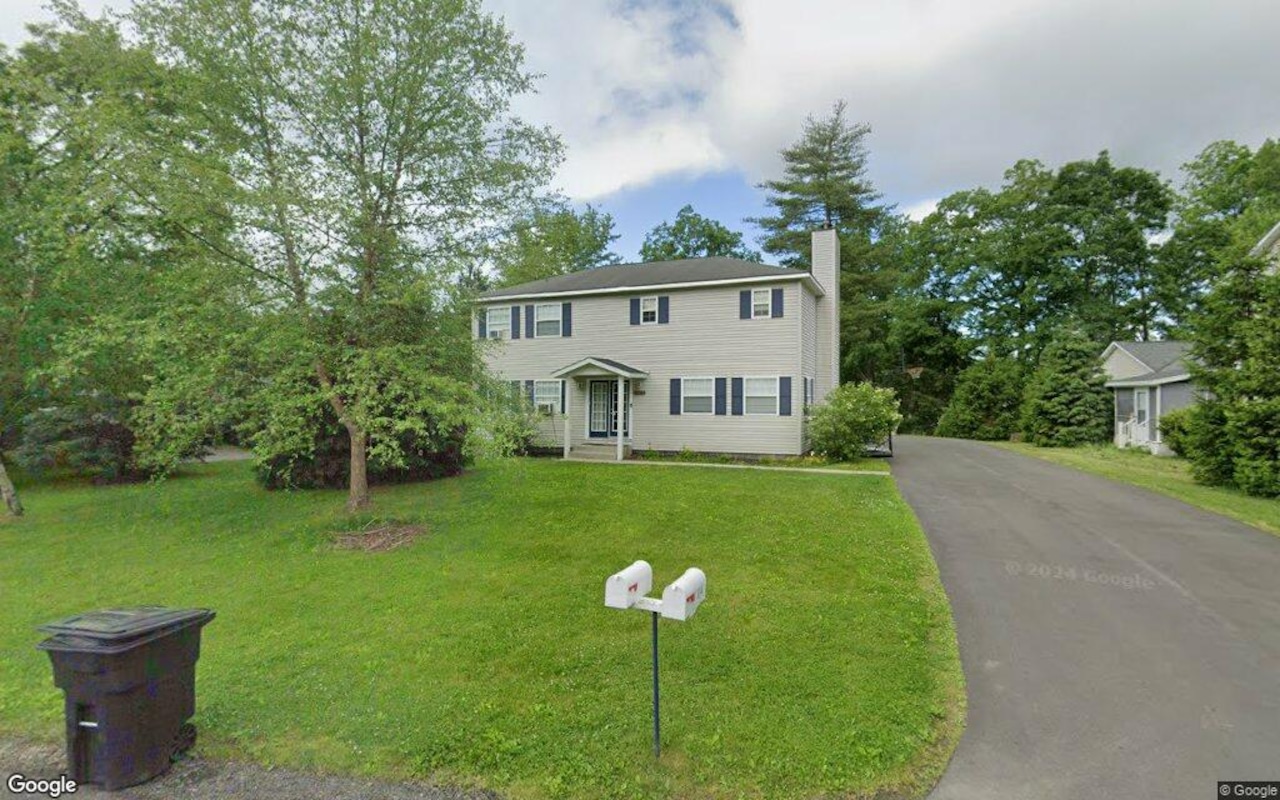I
n the early 20th century, Minnesota developers played a pivotal role in popularizing racist practices in the real estate industry. The use of "racial covenants" - clauses inserted into deeds that barred property owners from selling to people of color and other marginalized groups - became widespread across the country. Historian Penny Petersen notes that land developers in Minneapolis helped turn this practice, initially uncommon and unsavory, into a standard policy in the burgeoning real estate industry.
The first-known racial covenant in Minnesota was inserted into a deed on a Minneapolis property in 1910 by Edmund G. Walton and Henry Scott. This was nearly a decade before the practice became widespread, according to a report by the Federal Reserve Bank of Philadelphia. Walton's company, Seven Oaks Corporation, later expanded this practice with deeds across Hennepin County.
Petersen suggests that Walton may have questioned the legality of these covenants, given the 14th amendment's guarantee of equal protection under the law for all Americans. To protect his standing in the community, he may have put the deeds in Scott's name, an out-of-state partner. Many early deeds with covenants were not recorded with the county until years after the transactions occurred, Petersen notes.
The largest developer in Minneapolis at the time, Samuel Thorpe, played a significant role in popularizing racial covenants. As president of what is now the National Association of Realtors from 1911 to 1912, he likely interacted with J.C. Nichols, who advocated for restrictive covenants. In 1912, Thorpe's company created the "first fully covenanted addition" in Minneapolis, establishing entire neighborhoods off-limits to people of color.
By 1924, the National Association of Realtors' code of ethics effectively banned realtors from selling property in white neighborhoods to people of color. Three years later, the organization worked with the U.S. Department of Commerce to write a template for racial covenants that was adopted nationwide. It wasn't until 1948 that the U.S. Supreme Court ruled these covenants unenforceable.
The enforcement of racial covenants led to increased home values in present-day Hennepin County, according to an analysis by University of Toronto economist Aradhya Sood. Racial home ownership disparities persist, with about 77% of white families owning homes compared to around 32% of Black families in Minnesota.
In recent years, the National Association of Realtors and local realtor groups have apologized for their past racist practices and implemented corrective policy changes. Top officials in Minnesota government are also pushing for change, including Lieutenant Governor Peggy Flanagan, who has called for an apology from the state for its role in perpetuating housing discrimination.














